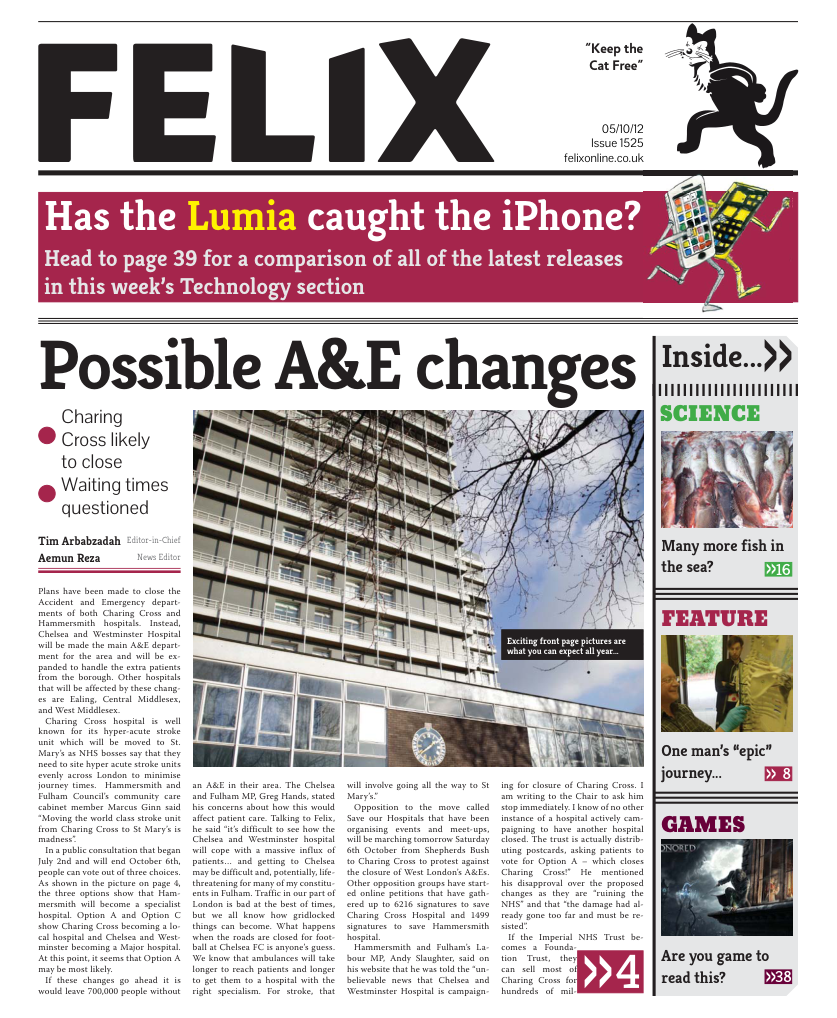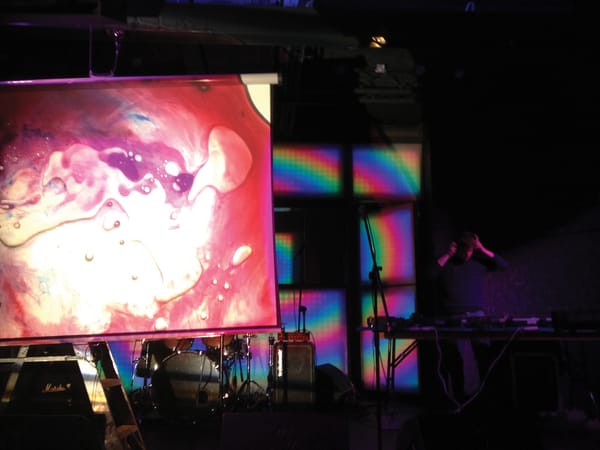You Don’t Have To Call It Music #0
Pt. O caveat auditor
Music is wonderful, wouldn’t you agree? It stirs up a great deal in one’s being. It makes the foot tap, the heart beat slower and faster, and floods the mind with memories and emotions. Beyond a psychophysiological episode, it actually tells us a lot about ourselves and our humanity, when other means just aren’t enough.
And yet most of it is all too familiar. For such a miracle of our sensory apparatus, it seems a shame to let it lull us into a numbing comfort to rest the mind to; to get drunk to; to shop to. It has been brutally distilled into a mere sedative; an instant relief to the daily pain. Hardly ever considered a force of sublime pleasure, the acme of aesthetics; it’s essence is now cut with the breeze of the refrigerator aisle, the stench of alcohol in sweat and vomit, and is ultimately overridden by an end of the electromagnetic spectrum designed to burn your retinas.
Kierkegaard once argued that music was the most perfect form of art. As ridiculous a claim as it may be, he championed it’s ability to represent the human condition in more ways than a still painting or a petrified sculpture could ever convey. It appears and vanishes just as quickly, leaving no physical impression on the world, no proof that it ever existed, and yet it grasps us more closely and tightly than any extended rumination on a vision of an embrace or a crucifixion. But then again, one could argue he wasn’t getting laid too often either. (He made his claim in an essay titled “The Immediate Stages of the Erotic“.)
Intellectualising music is no less pretentious than contemplating a crooner’s love-drunk witticisms. Lyrics express ideas very literally, but the intangible nature of music leaves a lot to the imagination. Unfortunately, when others’ opinions are, in the words of the Straight Edge Boston punk band SSD, “Forced Down Your Throat”, it’s hard to keep your mind your own. The ambiguity of a musical statement means every listener has a completely personal experience. Hearing a sound might bring back special memories or tie the listener to an aesthetic they might identify with, but any meaning of the music alone is open to interpretation. In all honesty, chances are, you won’t even think about it any more, but start feeling it instead. It falls North of the line between intuition and influence.
When was the last time you put a record on and did nothing but listen to it? How many songs have you heard today without even noticing them? What silly things did the supermarket sound system make you buy today?
This column is about the more adventurous exploits of musical creativity in modern times. Those who remain the most quiet when they have something to say. Who don’t lie in the open, bare but empty, and are often hard to find even with conviction.
From the earliest experiments with tape loops, when train tracks were first used as rhythm, until the latest inclinations to let machines do the singing or remove the human touch entirely from the equation. When wars tore art apart, as it did to the sum of civilization, and composers felt harmonic excess could no longer speak to the heart of man. When police brutality led young punks from the street to the studio. When perspectives both political and perceptual were challenged and deracinated. Modern times aren’t straight forward. They’re not easy to face, digest or accept. The sign of the times is as uncertain as ever, and the panorama is shifting faster than ever before. Sometimes silence can be the strongest stance.
Most of these tendencies can, in some way, be described as experimental. It’s hard to describe them in simpler terms without appending this unfortunate misnomer, but, in the words of Howard Stelzer of Intransitive Recordings, the “experimental” label is “general enough to mean something to somebody”. It is this experimentation that keeps music, and all things, moving forward, even if it results in a blown amplifier or a perforated ear drum. The moon was never in our back garden, nor jazz simply at the tip of our fingers. It takes some spirit and brave curiosity to search new ground, but we’d be all the poorer for not trying.
I’m not saying there’s anything devilish about getting down to some Marvin Gaye every once in a full moon, but the cochlea does curl deeper than its harmonic creases. These corners behind the octaves are worth tickling from time to time, just to remind your brain they’re there.






